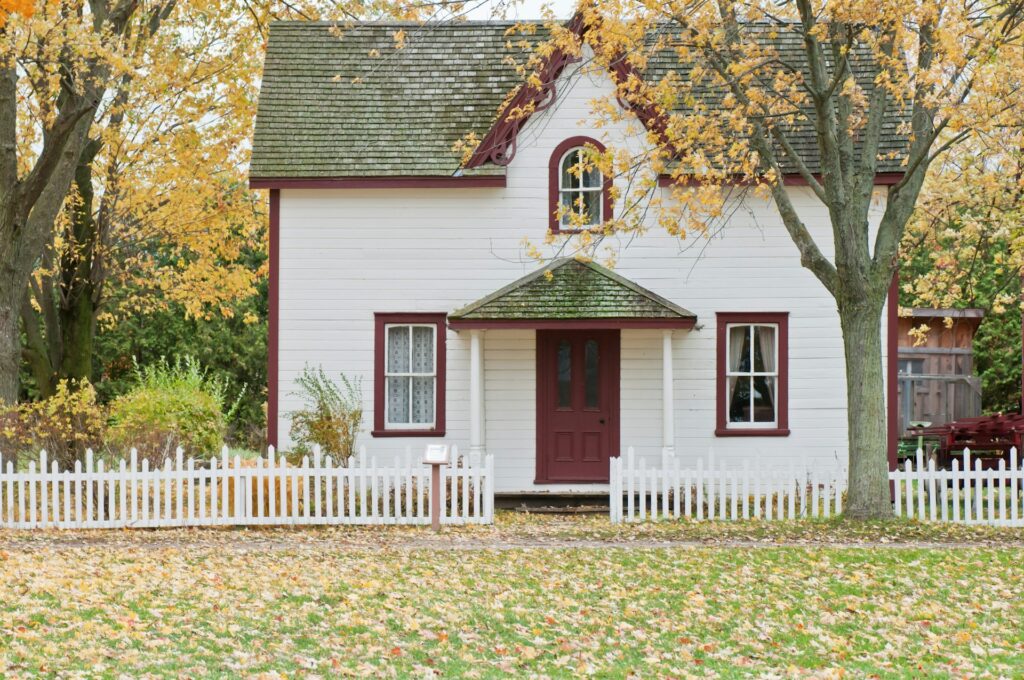Secure Homeowners Insurance
An essential part of financial planning is securing home insurance to protect your investment. These policies provide liability protection and coverage for damage to your home and belongings. Comprehensive home insurance ensures that unexpected events, like natural disasters or theft, don’t leave you financially vulnerable. Homeowners insurance is essential for protecting your investment. It covers damage to your home and belongings and provides liability protection—research various policies and providers to find the best fit for your needs. Compare coverage options, deductibles, and premiums to get the right balance of affordability and protection. Additionally, consider adding extra protection for certain dangers, like flood or earthquake insurance, based on your location. Having adequate insurance ensures you can recover financially from unforeseen events, maintaining the value of your home and peace of mind.
Understand Your Finances
Before purchasing a home, it’s crucial to have a clear understanding of your finances. This includes knowing your credit score, having a budget, and understanding your debt-to-income ratio. Taking these steps ensures you’re financially prepared for the responsibilities of homeownership, including property insurance. Understanding your financial standing helps you determine what you can afford and secure a better mortgage rate. Additionally, a solid financial plan provides peace of mind, reducing the stress of this significant investment.
Perform Home Inspections
Getting a detailed home inspection can help you avoid future problems. Inspections can reveal issues not visible during a casual walk-through, such as structural problems, plumbing issues, or electrical faults. A thorough inspection report enables you to deal with these problems before completing the purchase, allowing you to negotiate for repairs or a reduced price. Homebuying advice from The New York Times highlights the importance of understanding the property’s condition. Identifying necessary repairs before closing can save thousands in surprise expenses. An inspection also provides security, knowing your new home has no major hidden problems.
Plan for Maintenance
Regular maintenance is essential for keeping homes in good shape. Create a maintenance plan and budget to cover regular upkeep and unexpected repairs. This will prevent expensive problems from arising later on. Typical maintenance tasks include servicing HVAC systems, cleaning gutters, and inspecting roofs for damage. Regular maintenance extends the lifespan of your home’s major systems and preserves its value. Moreover, regular maintenance can help avoid small problems escalating into significant, expensive repairs. Set reminders for seasonal tasks and conduct an annual home inspection to catch problems early.
Consider Energy Efficiency
Energy-efficient homes reduce utility costs and are better for the environment. Look for homes with energy-efficient appliances and insulation. Consider Energy Star’s recommendations for optimizing home energy use. Simple upgrades like installing LED bulbs and smart thermostats can make a significant difference. Energy-efficient windows and doors and proper insulation can reduce heating and cooling costs. Not only do these improvements lower your environmental footprint, but they also make your home more comfortable. They can even qualify you for tax credits or rebates, enhancing your financial savings.
Create an Emergency Fund
Unexpected expenses can arise at any time. An emergency fund helps you cover costs without resorting to high-interest credit. The goal is to have enough money saved to cover three to six months of living expenses for any unforeseen financial difficulties. Maintaining a financial buffer provides peace of mind and stability, ensuring you can handle unexpected repairs or financial setbacks without jeopardizing your home ownership. Creating a safety net requires patience and self-control, yet is essential for economic well-being. Consistently allocate some of your earnings to enhance this fund and boost your financial stability.
Understand Your Neighborhood
Familiarize yourself with your neighborhood before buying a home. Visit the area at different times of the day, check local amenities, and research the quality of nearby schools. This knowledge ensures that the location fits your lifestyle. Understanding the crime rate and future development plans can also impact your long-term satisfaction with your new home. Interacting with locals can offer valuable information about the culture and security of the community. Proximity to essential services, recreational facilities, and public transportation are also important considerations. Choosing the right neighborhood influences your quality of life and the future marketability of your home.
Be Aware of Legal Responsibilities
Homeownership comes with legal responsibilities, including property taxes, insurance requirements, and understanding local zoning laws. Make sure you’re aware of these obligations to avoid legal complications. You may also need to adhere to homeowners’ association rules and bylaws if applicable. Staying informed about local regulations and conforming to them helps maintain a harmonious relationship with neighbors and authorities. Ignoring legal responsibilities can result in fines, legal disputes, or even the loss of your home. Frequently examine and refresh your understanding of these factors to remain in adherence and safeguard your investment.

